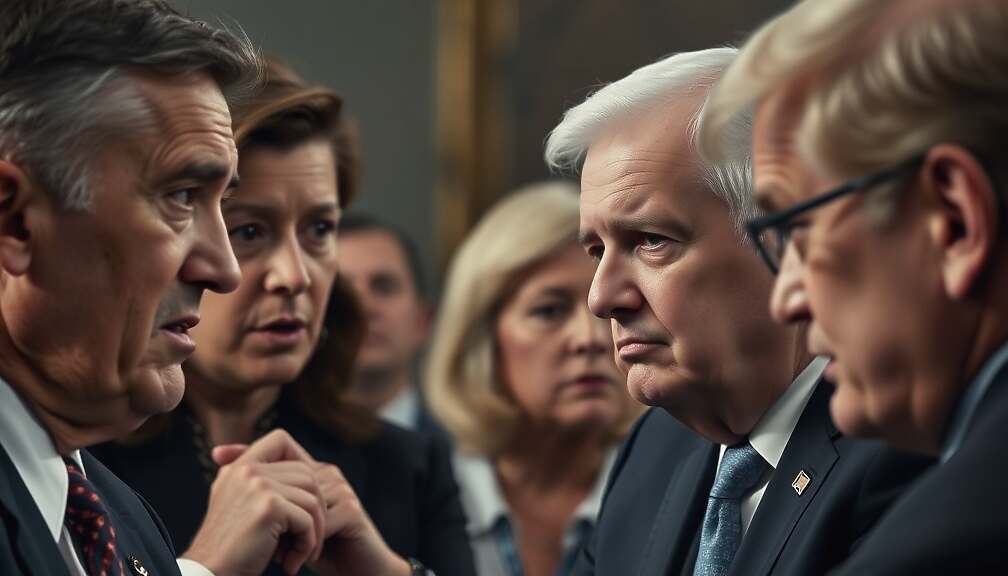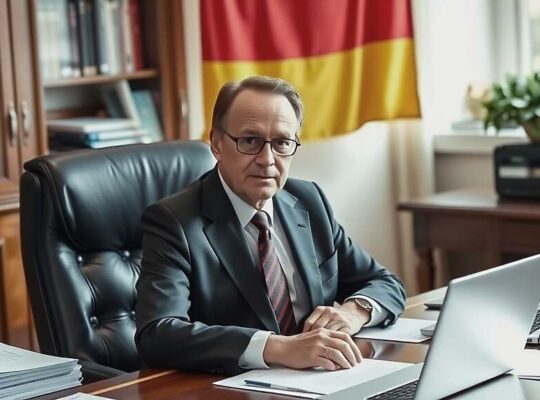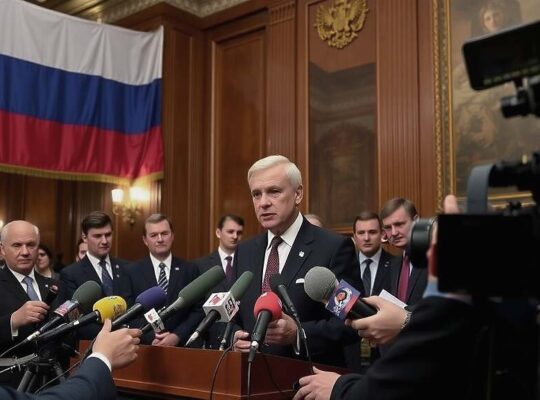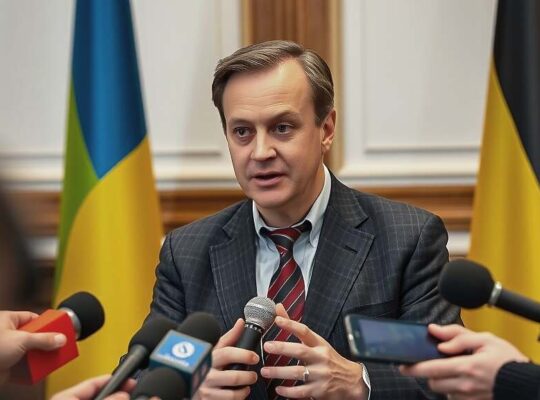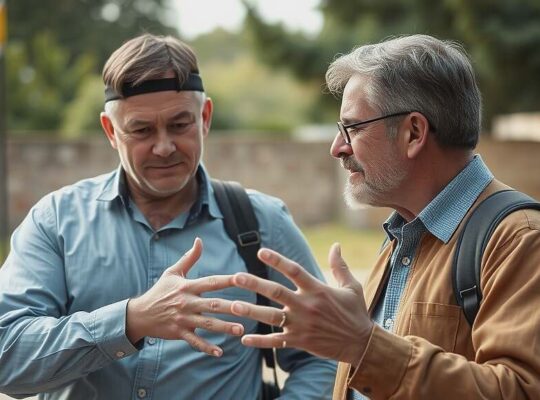A debate is intensifying within the German parliament concerning the handling of statements from Catholic Church representatives and their impact on the political landscape. Members of the Social Democratic Party (SPD) are accusing their conservative Union (CDU/CSU) counterparts of hypocrisy in their responses.
SPD parliamentarian Helge Lindh, in remarks to “Der Spiegel”, accused the Union of a “selective approach to church involvement in the political sphere”. The criticism specifically targets the Union’s reactions to comments made by church officials regarding the candidacy of Frauke Brosius-Gersdorf for the Federal Constitutional Court.
Lindh highlighted a seeming contradiction, drawing attention to earlier statements by Bundestag President Julia Klöckner (CDU), who had previously defended the separation of church and state and pushed back against criticism from church bodies concerning the Union’s migration policies. He suggested that those who previously condemned the politicization of the church now readily cite church perspectives in the controversial Brosius-Gersdorf case.
The SPD is urging the Union to adopt a consistent approach and avoid “double standards”. Concerns have been raised about the potential for excessive politicization of constitutional law.
Further amplifying the criticism, parliamentarian Sebastian Roloff argued that while the Union actively seeks to avoid incorporating the opinions of the Church when it comes to migration, they appear receptive to church views when it serves their political interests, particularly in the context of judicial appointments. The discussion underscores a broader tension regarding the appropriate boundaries of religious influence in German politics.


